Biblical Engagement
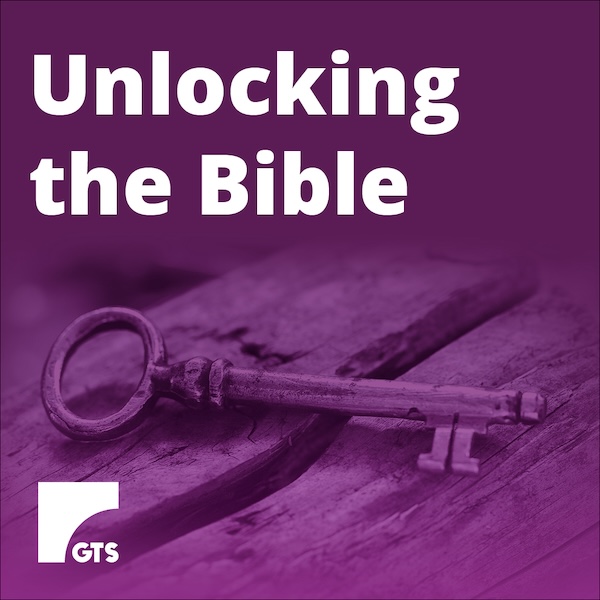
‘What I really enjoyed was building a diagrammatical picture of the Bible… finding that bit by bit you could complete a jigsaw picture as a reference for further discovery.' - Phil B
Unlocking the Bible
Description
If you’ve ever had questions about the Bible, been puzzled by things you’ve read, wondered why there are so many translations, why the Old Testament seems so long and tedious, or how the Bible can still be relevant to the challenges of our world today… then this is the course for you. In fact, we all have questions and sometimes even deep concerns about the Bible, but rarely a safe place to raise them, discuss openly with others, and look for solutions.
The Bible is a very unique book – not really a book at all, but a library of books – written in completely different times, cultures and languages. It’s no wonder that simply ‘reading’ the Bible is a challenge (not unlike trying to drive a car without any lessons!) Learning to read and understand the Bible well, like any worthwhile skill, takes time, effort, knowledge and practice – but the benefits are life-transforming. If you’ve ever longed to be able to ‘dig deeper’ into God’s word, this course will equip you with some of the basic tools and insights you need.
Format Onsite; or Gateway online
Facilitator Rev Dr Daniel Button
‘ It was a privilege to discuss texts, doctrines and ideas with several people I had not previously met. Everyone had something to contribute and past experiences to relate. It was a lovely, sharing time.' - Marilyn - online
Overview
This course is normally comprised of 5-6 sessions, but can be extended to incorporate additional material, or combine with a second course – Interpreting the Bible – which looks more deeply at different literary types and genres. After exploring the unique nature of the Bible, the course first looks at the Bible as a library of many different individual books and how they’re organised, then at the unified story running through them, and finally at its oral and written history, and its gradual development into the many translations of today.
- Introduction to the Bible
- Mapping the Bible
- Storyline of the Bible
- Bible as Ancient Literature
- The English Bible and its Development
- Issues of Translation and Interpretation
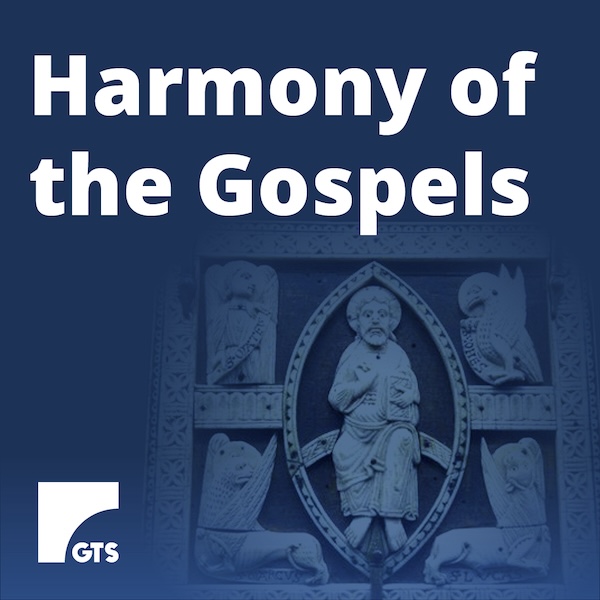
Harmony of the Gospels
Description
We all know there are four Gospels – but what exactly IS a gospel? And why are there four of them? What do they each represent, and what happens when we encounter differences? Throughout history, some Christians have attempted to highlight their important distinctives, while others have attempted to harmonise them in search of a single, unified, overall account of Jesus’ life. This course does both! Participants explore and ‘reconstruct’ the entire life of Christ by looking at the gospels together, while also recognising their important differences and distinctive theological aims. Combining the narratives is easier said than done. It raises a host of challenging interpretational dilemmas but also brings out fascinating new insights that only come to light when the Gospels are examined together.
Format On Site only
Facilitator Rev Dr Daniel Button
'I wish we could run this once per year – it will build up the church so much! Now I want to study more on biblical interpretation and develop these skills.' - Sarah M
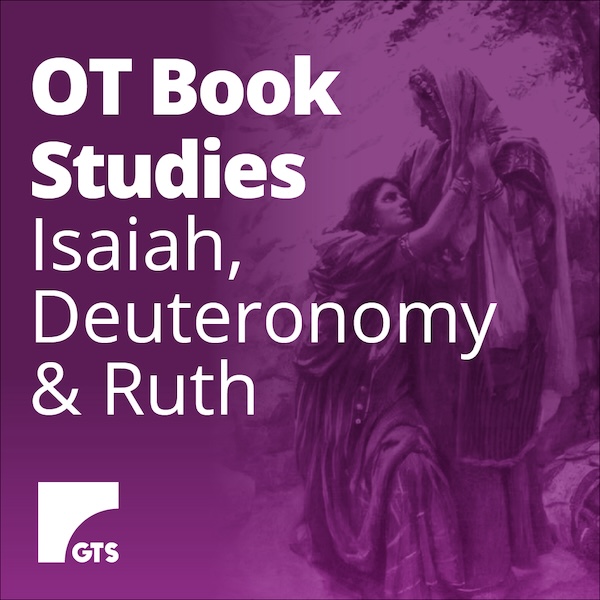
Old Testament Book Studies
Description
Studying the Old Testament can feel like a daunting task. But exploring one book together with a group is an eye-opening experience. Some books like Ruth are a beautiful and compact narrative, others like Deuteronomy are wide-ranging but densely packed with historical, spiritual, and theological truths that only emerge when gaining an appreciation of the book as a whole. And then there are the prophetic books like Isaiah that we often find so difficult to relate to today. How do we read, understand, interpret, and generally ‘make sense’ of the books of the Old Testament? An OT Book study will pave the way.
Overview
Several different OT Book studies are available, and vary greatly in length, content, and method of exploration. The course material will be adapted to the particular group, and depend on the book chosen.
Format On Site or Gateway online (live)
Facilitator Variable
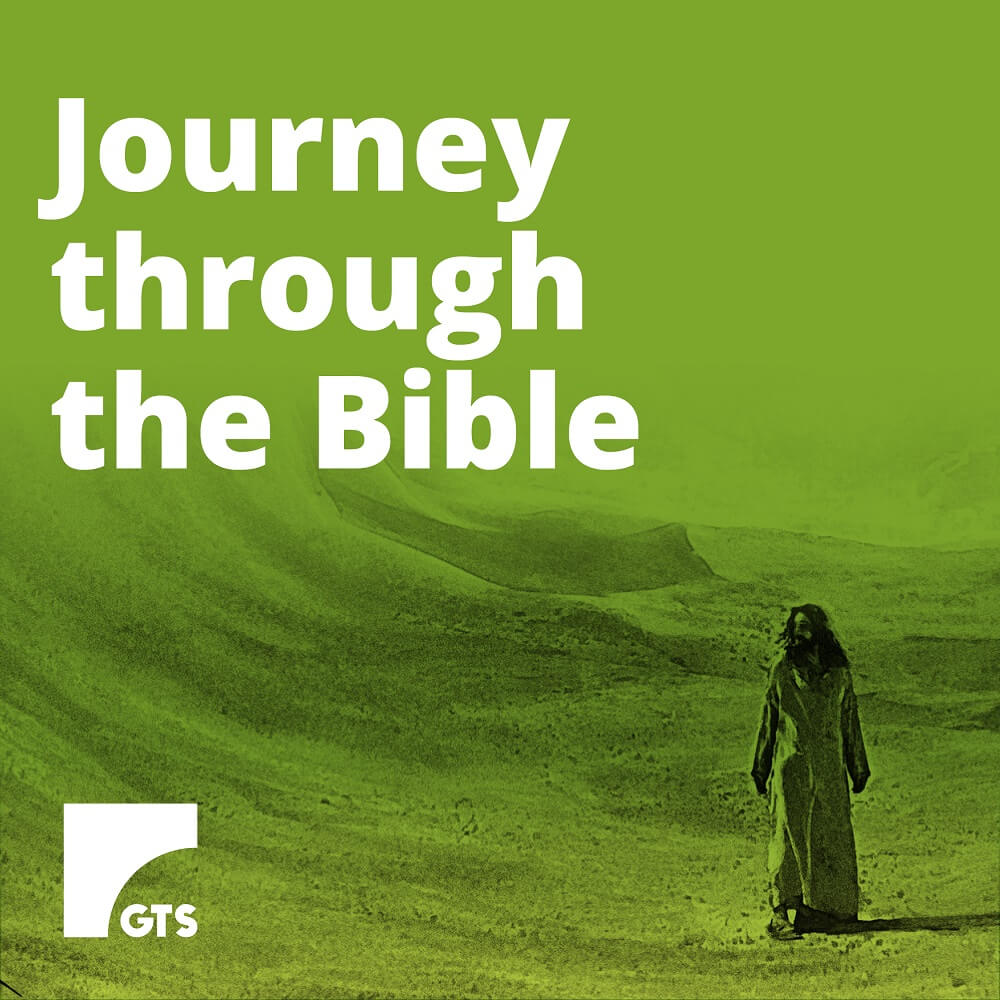
Journey through the Bible
Description
Have you ever wished you could journey through the whole Bible, instead of just reading it in bits and pieces? The Bible is an immense book covering 1600 years of human history, not to mention theology, wisdom, philosophy, teachings, and stories upon stories. It was written by over 40 different authors, in different languages, at different times and in vastly different cultures and contexts. Is there anything that could possibly hold it all together – that ‘unifies’ the Bible as a single grand narrative? Is there any central theme or storyline? If the Bible is ‘God’s word’, then it may be possible to view the whole Bible through the lens of God’s changing relationship with his people – and with all humanity – from the very beginning to the final chapters, and even beyond. We are still part of the story today.
This course takes participants on a fast-paced walk through the whole biblical narrative, showing how all of its different parts – the OT and NT, the law, prophets, gospels and letters – all contribute to a bigger picture: a grand narrative of God’s relationship with creation, with humanity, with Israel, and with us, his people today. We travel from Genesis to Revelation, stopping along the way at all the key places to understand how it all fits together. By the end, you’ll be able to summarise the whole story of the Bible in your own words, for anyone who asks.
Format On Site
Facilitator Variable
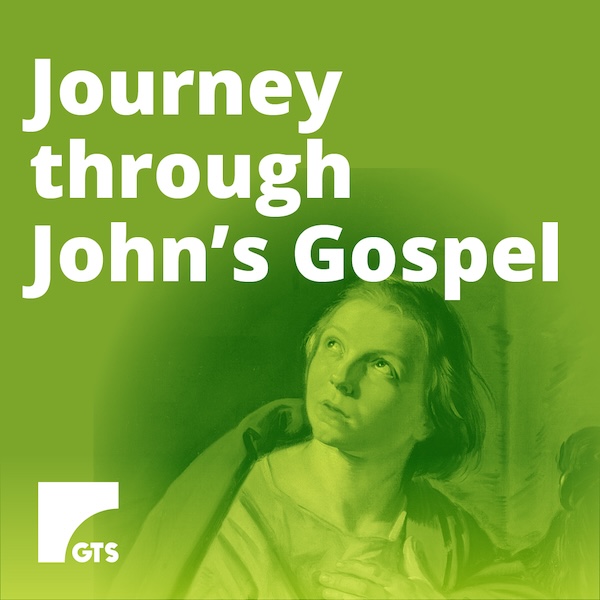
Journey through John’s Gospel
Description
John’s Gospel contains some of most famous words, sayings, and stories in the Bible. It’s also the most theologically profound of the gospels, unique in content from the synoptics. As someone said, ‘so deep an elephant can swim in it, yet shallow enough that a child can safely paddle’. This course takes participants on a fascinating, interactive, and transformative journey through the book of John, ‘the disciple whom Jesus loved.’
We’ll delve into aspects of the cultural, historical, literary, and theological context of the gospel, learning a bit about interpretation and exegesis along the way. But most of all, this course encourages everyone to delve deeply into the richness and theological depths of this most profound testimony to the words and works of Jesus Christ, and to be transformed by a greater understanding of its message.
A reading plan and numerous short activities will enable participants to keep a ‘journal of discovery’ all the way through, which records your insights from start to finish – a great personal resource for future study and reflection.
Format On Site
Facilitator Rev Dr Daniel Button
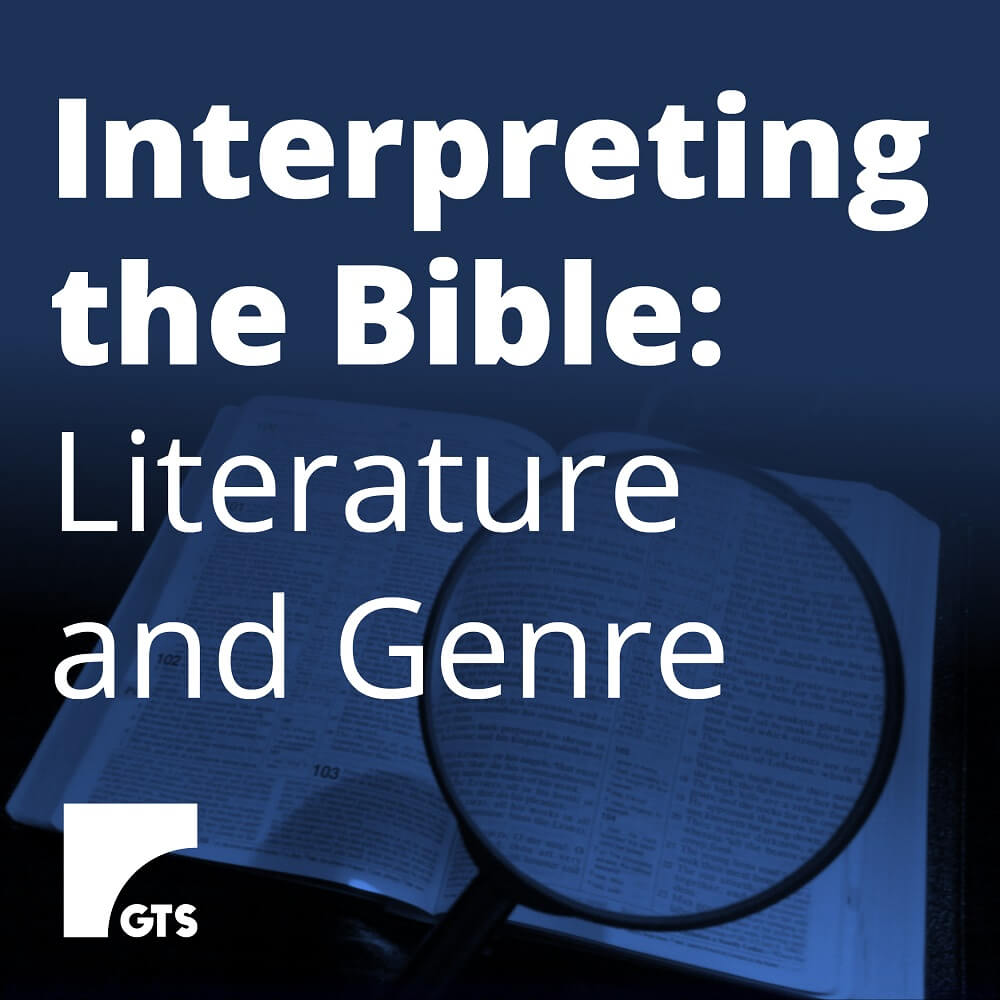
Format On Site
Facilitator Dr Daniel Button
Interpreting the Bible
(Literature and Genre)
Description
This course picks up where ‘Unlocking the Bible’ leaves off. Once you have an understanding of the nature of the Bible as a ‘library’ rather than a single book, this opens the way to understanding each ‘section’ of the library in its own unique way. This involves getting to grips with the various genres, types, styles of literature in the Bible, including Hebrew poetry, narrative, prophecy, expository teaching, history, etc. We also look at specialised genres such as parables, laments, genealogies. You’ll learn how to identify the different genres, and then how to interpret each in its own unique way.
If this sounds ‘dry’ it’s anything but! Exploring the different genres of Scripture side by side is like a light dawning on how we read the Bible afresh – with greater awareness and sensitivity to the original authors’ intent, and the original readers’ understanding. We learn how meaning is conveyed across cultural, historical and temporal barriers, and gain an awareness of the process of interpreting the Bible as an ancient text – a process known as ‘hermeneutics’. One might compare it to driving a car – there’s a lot to learn at the start, and it can be a bit scary, but the more you practice and the more familiar you become, the more driving becomes second nature and you begin to enjoy it – just like biblical interpretation!
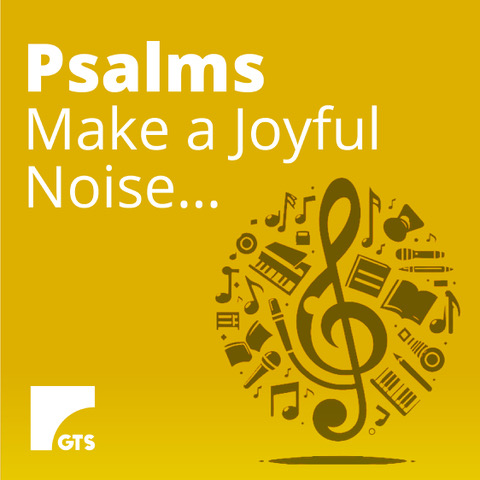
Format On Site
Facilitator Marilyn Baldwin
Psalms - Make a Joyful Noise
My past background of theological study and teaching enabled me to learn; my experiences through participating in GTS courses have enabled me to live. My aim now is to share the joy of learning with you, and to apply it to life.
This course on Psalms, Hymns and Song of Praise’ will help us not only to learn about the psalms but to learn to live the psalms in practical ways. The six sessions will explore the book of Psalms and its effect on modern worship – from the origins and types of psalms to their heritage in our worship today.
The key verse: Make a joyful noise unto the Lord, all the earth; make a loud noise, and rejoice, and sing praise. Psalm 98:4
The book of Psalms doesn’t feature greatly in many churches today, but this course will help us discover – or rediscover – the book of Psalms together.
Overview
- The history and use of psalms
- Finding God in the psalms
- Praying and praising God through the psalms
- The Psalms and Jesus: sayings and actions of Jesus that are linked to the Book of Psalms
- Usage in today’s Church: psalm v. worship song
- Psalms and hymns and songs of praise: ourpersonal responses.
Do all these formats have a place in our worship today? How? Why? When?
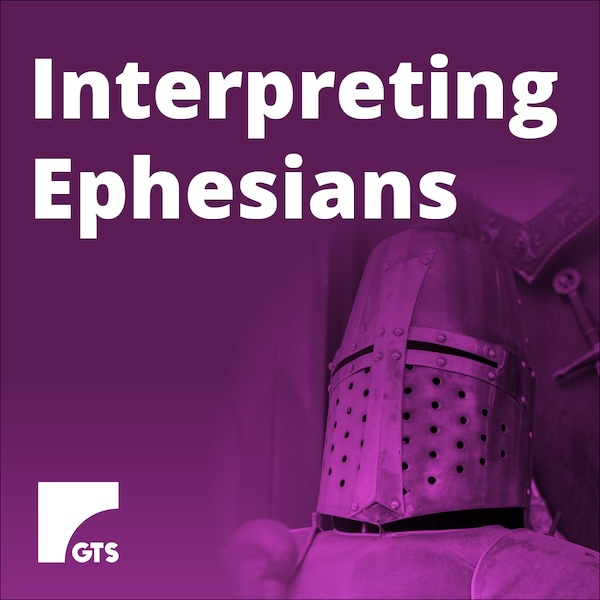
Format On Site or online
Facilitator Dr Daniel Button
Interpreting Ephesians
Description
Ephesians is one of the most powerful books of the Bible. Its main themes include freedom, power, unity, and being ‘in Christ’. Reading Ephesians, as some have described the experience, ‘is like standing under a waterfall and trying to take a drink!’ Every sentence is rich with detail, and profound in thought. How does one tackle such a book and really get to grips with it as a whole?
We rarely read Ephesians as letter – and yet that’s how it was originally intended – to be read in one sitting, as a letter. In this course, that’s our starting point. We begin with the big picture, reading it as letter with no chapters or verses. After looking at some issues of background & structure, we narrow it down into sections to examine and explore each section in greater depth. Participants gain a wonderful sense of the flow of thought, themes, and main message Paul was trying to convey – before delving into the detail – which by the way, is absolutely majestic.
Overview
This is an in-depth study. No prior knowledge is required, but it’s a challenging course. We learn and apply several different types of exegetical tools to help analyse and interpret the message in its original context – and then bring out its relevance for us today. Such tools include word studies, grammatical diagrams, examining genre, and exploring the author’s literary plan (outline) and theological purpose.
The course works best in about 8 sessions, each session exploring a section of the letter. Each session includes a look an examination of:
- Fitting into the bigger picture
- The main message
- Cultural context
- Tricky issues
- Relating to life

